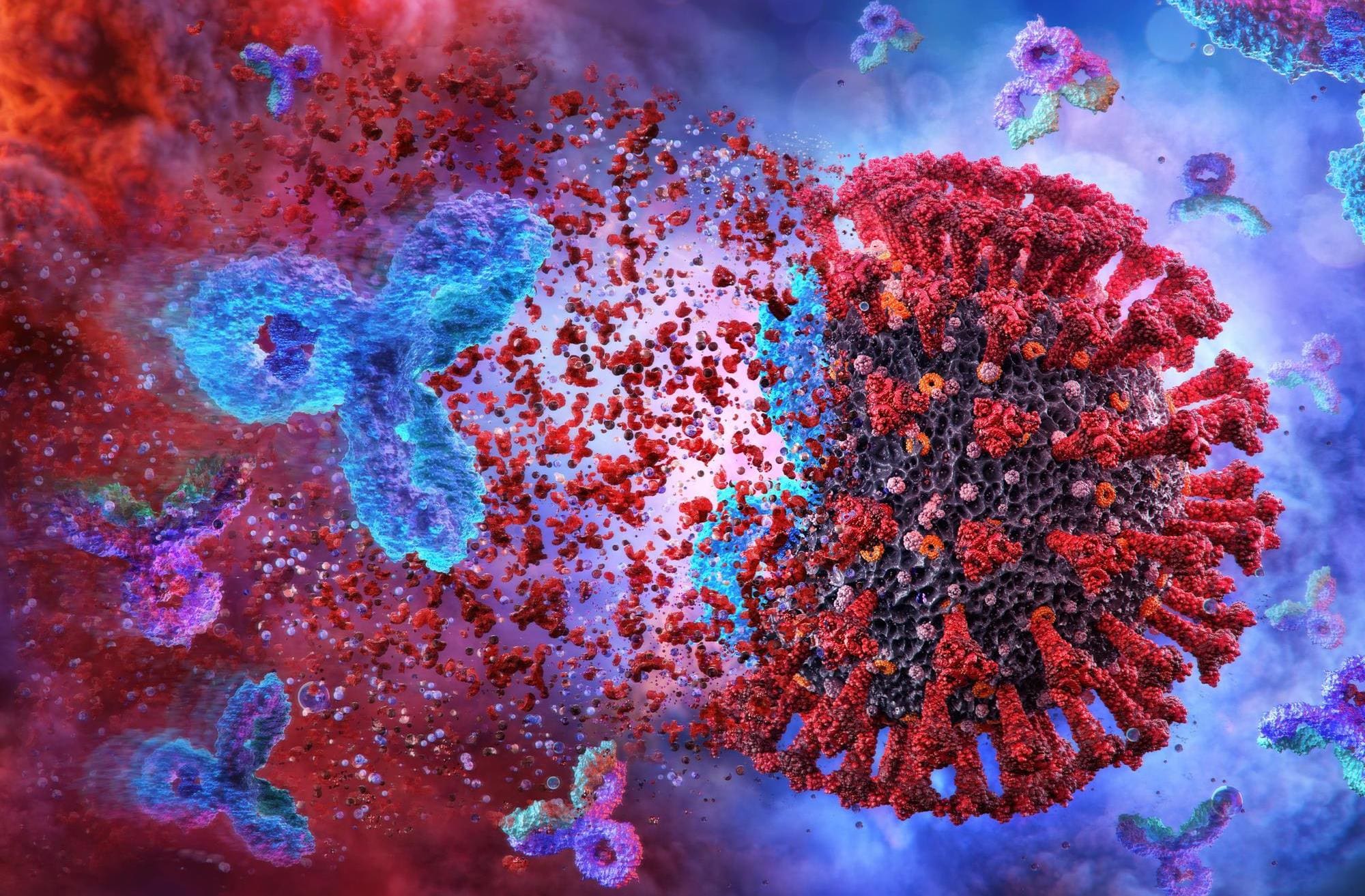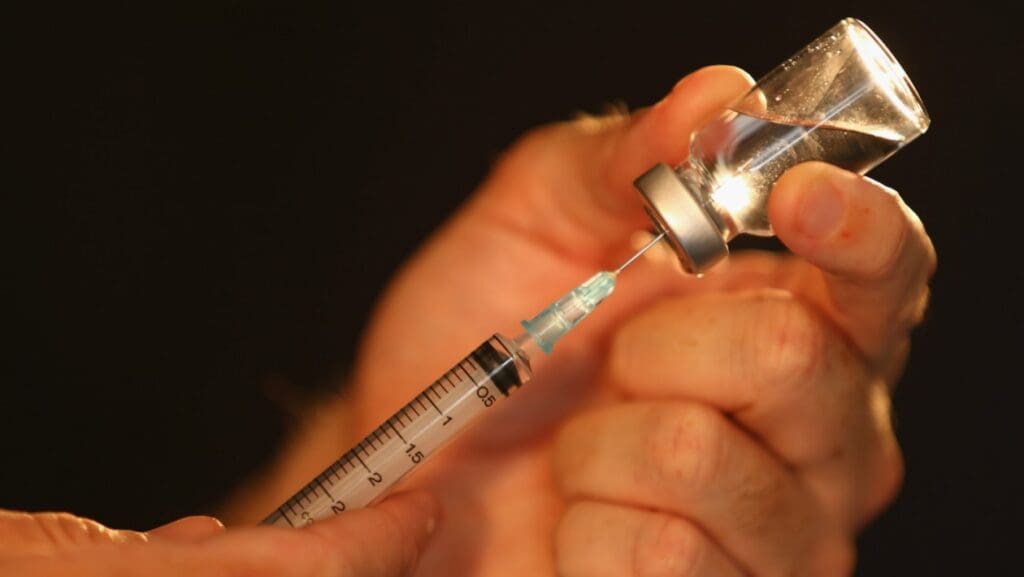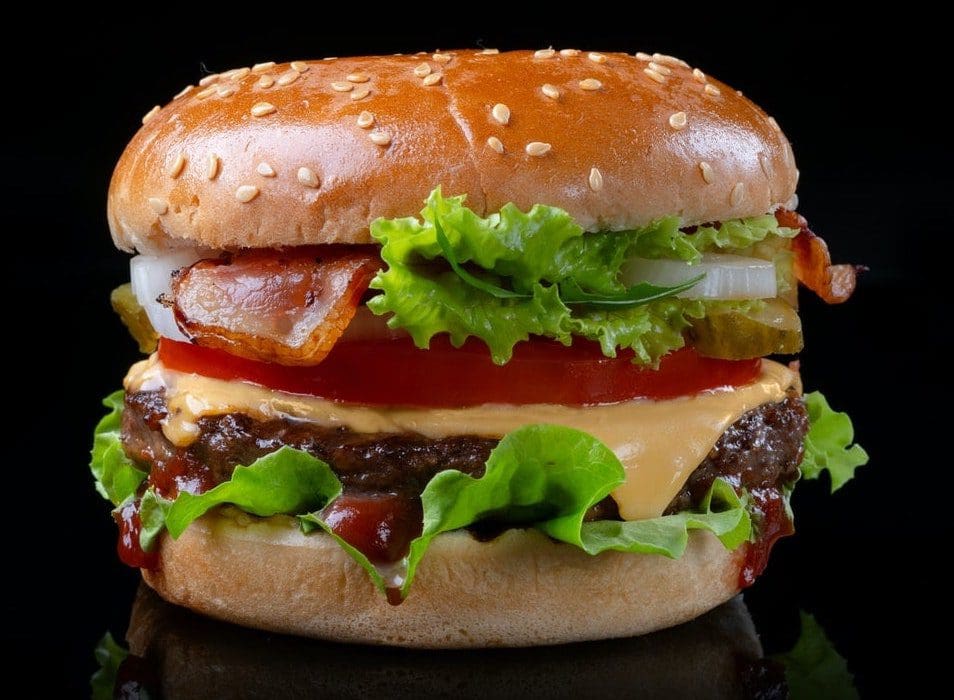

Omicron Variant Places Question Mark Over Vaccine Efficacy – But Evidence for the Enduring Power of Natural Immunity Remains Strong
Moderna boss Stephane Bancel has said he expects a “material drop” in the efficacy of his company’s vaccine against the new Omicron variant. He told the Financial Times:
I think it’s going to be a material drop. I just don’t know how much because we need to wait for the data. But all the scientists I’ve talked to … are like, ‘This is not going to be good.’ … There is no world, I think, where [the effectiveness] is the same level … we had with Delta
He also said it would take months for drugs companies to update the vaccines. This means any Omicron wave is likely to have arrived, peaked and receded before the shots can be manufactured and widely administered.
A more sanguine Boris Johnson claimed on Tuesday afternoon that there are good grounds for believing third vaccine doses will give “considerable protection” against the Omicron variant. This view was given support by Dr Ugur Sahin, co-founder of BioNTech and one of the scientists behind the Pfizer vaccine, who said he remains optimistic that the jab will continue to provide protection against severe disease (though, tellingly, did not mention protection against infection). “Our message is: Don’t freak out, the plan remains the same: Speed up the administration of a third booster shot,” he told the Wall Street Journal – though some might point out Dr Sahin may have other reasons for wanting to “speed up” the distribution of his product.
SAGE member Professor John Edmunds has warned that reported infections are rising rapidly in South Africa, where the new variant was first detected last week. While data from Gauteng province, where the new variant was discovered on November 24th, showed a slight decline on Sunday and Monday, this may be a weekend effect, and there has certainly been a sharp rise overall in the past eight days. It is worth keeping an eye on the region to see how it develops.
It has also transpired in the last couple of days that the variant was already in other countries including the Netherlands several days prior to its discovery in South Africa. Nonetheless, the WHO has said the earliest known specimen of the variant was collected on November 9th in southern Africa.
While vaccines may work less effectively against Omicron than against earlier variants such as Delta (efficacy against which, particularly after several months, is anyway disputed), natural immunity arising from previous infection is looking more robust.
Two new research papers, one in the NEJM and one in the Lancet, provide further compelling evidence of the protective power of natural immunity. In the NEJM paper, researchers from Qatar report on reinfections in the country during the back-to-back Alpha- and Beta-associated surges in the first half of 2021. Examining medical records from all 353,326 people who received a positive PCR test in the country between February 28th 2020 and April 28th 2021 (excluding 87,547 people who had received a vaccine), they found that the odds of severe disease on reinfection were 0.12 times those at first infection (95% confidence interval [CI]: 0.03-0.31), which translates to 88% protective efficacy. There were no cases of critical disease or death on reinfection versus 28 and seven respectively at first infection, giving 100% efficacy against these outcomes (though the small numbers here resulted in large confidence intervals). Putting the three outcomes of severe, critical, or fatal disease together, they found odds of 0.1 on reinfection compared to first infection (CI: 0.03-0.25), for an efficacy of 90%.


Four reinfections were severe enough to require hospitalisation, they say, but none led to ICU admission or ended in death. “Reinfections were rare and were generally mild, perhaps because of the primed immune system after primary infection,” they write.
They add that in earlier studies they had looked at the protective efficacy of natural infection against reinfection and estimated it at 85% or greater. Putting these figures together, this means prior infection has an efficacy of at least 98.5% against severe reinfection when compared to the immunologically naïve with no previous infection or vaccination. Does this mean that infection with SARS-CoV-2 will behave immunologically like the other ‘common cold’ coronaviruses and provide long-term immunity against severe illness, even if protection against mild reinfection fades, they ask? “If this were the case with SARS-CoV-2, the virus (or at least the variants studied to date) could adopt a more benign pattern of infection when it becomes endemic,” they suggest.
The Lancet paper supports these tentative conclusions. Reviewing all relevant papers on the online medical database PubMed, the authors Noah Kojima and Jeffrey D Klausner from the University of California find seven studies which show the risk of infection decreases by 80·5-100% for the previously infected compared to the immunologically naïve.


Kojima and Klausner make the case for the superiority of natural immunity versus vaccine immunity, including where variants are concerned.
It is known that SARS-CoV-2 infection induces specific and durable T-cell immunity, which has multiple SARS-CoV-2 spike protein targets (or epitopes) as well as other SARS-CoV-2 protein targets. The broad diversity of T-cell viral recognition serves to enhance protection to SARS-CoV-2 variants, with recognition of at least the Alpha (B.1.1.7), Beta (B.1.351), and Gamma (P.1) variants of SARS-CoV-2. Researchers have also found that people who recovered from SARS-CoV infection in 2002-03 continue to have memory T cells that are reactive to SARS-CoV proteins 17 years after that outbreak. Additionally, a memory B-cell response to SARS-CoV-2 evolves between 1·3 and 6·2 months after infection, which is consistent with longer-term protection.
Some people who have recovered from COVID-19 might not benefit from COVID-19 vaccination. In fact, one study found that previous COVID-19 was associated with increased adverse events following vaccination with the Comirnaty BNT162b2 mRNA vaccine (Pfizer-BioNTech). In addition, there are rare reports of serious adverse events following COVID-19 vaccination. In Switzerland, residents who can prove they have recovered from a SARS-CoV-2 infection through a positive PCR or other test in the past 12 months are considered equally protected as those who have been fully vaccinated.
Given this evidence, they argue, “policy makers should consider recovery from previous SARS-CoV-2 infection equal to immunity from vaccination for purposes related to entry to public events, businesses, and the workplace, or travel requirements”.
Based on the studies to date, natural immunity appears to convey 80-90% protection against reinfection and, on top of that, 90% protection against serious disease once reinfected, giving around 99% protection against serious reinfection. This protection doesn’t appear to have waned over time or against new variants in the way vaccine protection has done. Omicron may tax the vaccines, but on the evidence so far it seems unlikely to tax natural immunity in the same way.








